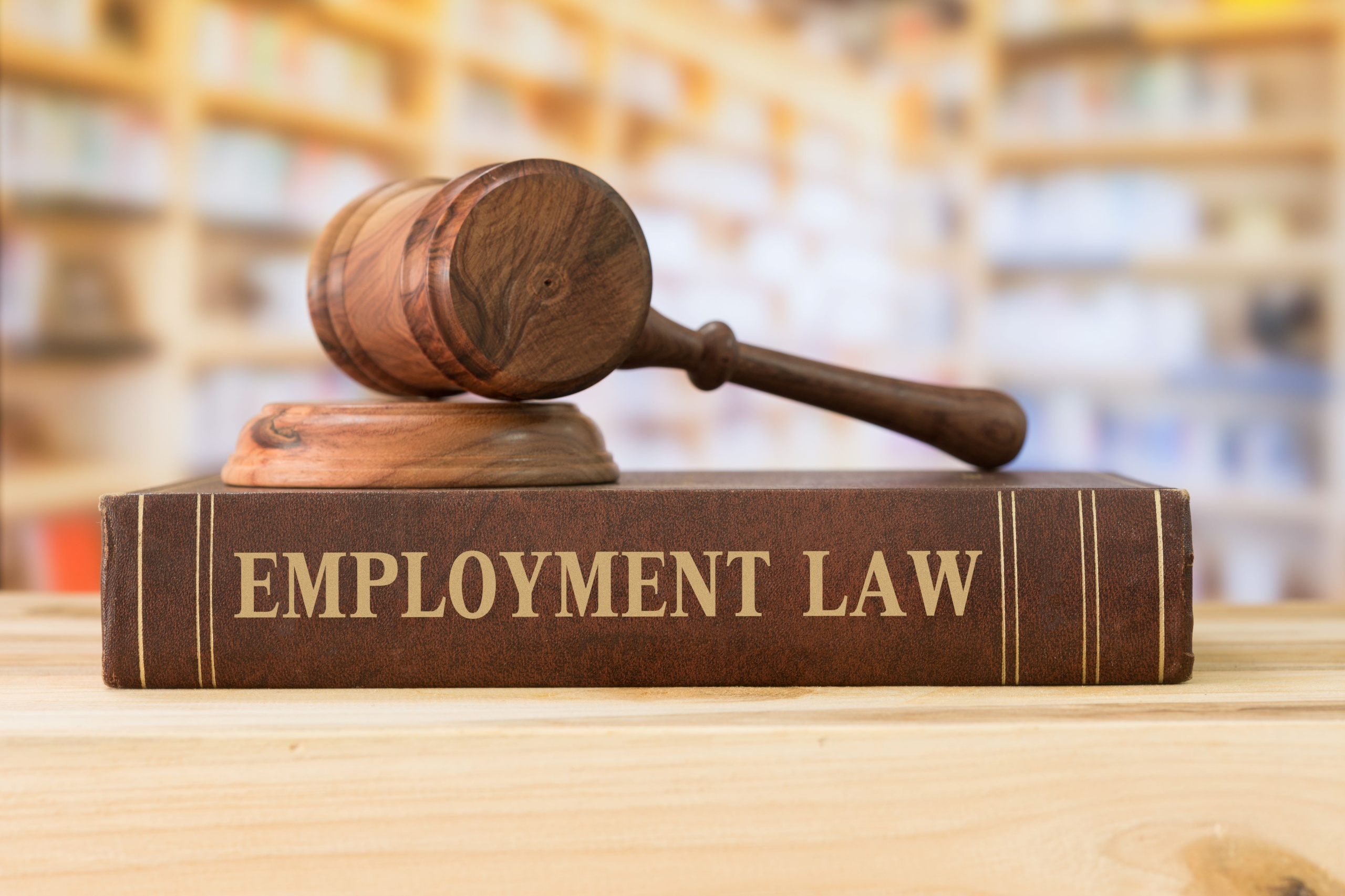Legal misconduct refers to unethical or unlawful actions by attorneys that violate professional standards, which can have serious consequences in employment law, particularly in employment discrimination cases. This type of misconduct can undermine a victim’s ability to receive fair representation and may negatively impact the outcome of their case. In employment law, legal misconduct could take various forms, such as conflicts of interest, dishonesty, or neglecting a client’s case, and it directly affects the integrity of legal proceedings.
Defining Legal Misconduct in Employment Law
Legal misconduct occurs when lawyers engage in behavior that breaches their ethical obligations. In employment law, these violations often occur in the context of discrimination cases, where the stakes are high, and the representation of plaintiffs requires utmost diligence. Employment discrimination cases involve complex legal issues, including discrimination based on race, gender, age, religion, or disability. When an employment lawyer fails to provide competent legal representation or acts in a manner that is unethical, it can derail an individual’s ability to pursue justice.
Some common examples of legal misconduct in employment law include:
- Conflict of Interest: Lawyers are ethically bound to represent their clients’ best interests, but conflicts can arise if an attorney has a personal or financial relationship with the opposing party. For instance, if an employment lawyer representing an employee in a discrimination case has a prior or ongoing relationship with the employer, it could compromise the attorney’s ability to provide unbiased representation. A conflict of interest like this can greatly hinder an employment discrimination case, as the lawyer may not fully advocate for the client’s rights.
- Failure to Communicate: Employment discrimination cases often involve complex and stressful legal proceedings. When an employment lawyer fails to communicate with their client about the status of their case, deadlines, or other critical issues, this lack of transparency can be detrimental. Legal misconduct in this form may prevent clients from understanding their legal options or preparing adequately for their case, which can affect their ability to seek appropriate remedies for discrimination.
- Mismanagement of Client Funds: In some employment discrimination cases, clients may need to pay for expert testimony or other litigation-related expenses. Legal misconduct can occur if a lawyer mishandles or misappropriates client funds meant for these purposes. Mismanagement of these funds can delay the progress of a case or leave clients unable to fully present their claims, leading to unfavorable outcomes.
- Neglecting the Case: Employment discrimination lawyers must diligently work on their clients’ cases. When a lawyer fails to properly investigate the claims, gather evidence, or meet important court deadlines, this negligence is considered legal misconduct. This type of behavior can result in a case being dismissed or lead to an inadequate defense against discriminatory practices in the workplace.
The Impact of Legal Misconduct on Employment Discrimination Cases
Legal misconduct can have severe consequences for employees who are already facing discrimination in the workplace. Discrimination cases are challenging, and victims often depend on their attorneys to guide them through the process, from filing a complaint to securing compensation or corrective action. When a lawyer engages in misconduct, the client’s case may be jeopardized in the following ways:
- Delayed Justice: Employment discrimination cases are often time-sensitive due to statutes of limitations that restrict the time frame in which a claim can be filed. If an attorney neglects the case or misses critical deadlines, it can result in the case being thrown out, leaving the victim without recourse.
- Lost Compensation: Victims of employment discrimination seek compensation for damages such as lost wages, emotional distress, and punitive damages. If a lawyer fails to provide adequate representation, mishandles evidence, or behaves unethically, the client may lose out on the compensation they rightfully deserve.
- Undermined Trust in the Legal System: When legal misconduct occurs in employment discrimination cases, it can erode the client’s trust in the legal system. Victims of discrimination often already feel marginalized, and when their lawyer fails to act ethically, it can make them feel powerless and disillusioned about achieving justice.
Legal Recourse for Victims of Legal Misconduct
If you believe that your employment lawyer has engaged in misconduct during your discrimination case, there are steps you can take to protect your rights. First, it’s important to document any instances of unethical behavior or negligence. Keep track of missed deadlines, improper communication, or any other evidence that suggests misconduct.
You may also have grounds to file a complaint with your state’s bar association. For example, if you’re located in New York or New Jersey, both states have processes in place for filing complaints against lawyers. The disciplinary boards will investigate claims of legal misconduct, and if the lawyer is found to have violated ethical standards, they may face consequences ranging from reprimands to disbarment.
In some cases, victims of legal misconduct can pursue a legal malpractice claim against their attorney. If a lawyer’s misconduct resulted in financial loss or harm to your case, you may be entitled to compensation. Employment lawyers are held to high standards of professionalism, and when they fail to meet those standards, they can be held accountable.
How Employment Lawyers Uphold Ethical Standards
Ethical conduct is crucial in employment law, especially in cases involving discrimination, where the stakes are high for both the employee and the employer. Employment lawyers play a vital role in advocating for fairness in the workplace, and most attorneys work diligently to uphold ethical standards.
Here are some ways employment lawyers maintain professionalism and avoid misconduct:
- Thorough Case Management: A good employment lawyer will stay organized and ensure that all deadlines are met. They will actively communicate with their clients, keep them informed of developments, and manage all necessary filings in a timely manner.
- Transparency with Clients: Lawyers should clearly explain their legal strategies and any potential risks involved in a case. They should also provide detailed billing information and ensure that all funds are properly managed.
- Maintaining Confidentiality: Employment lawyers must protect their clients’ sensitive information. In cases of discrimination, this might include private details about the client’s work history, personal life, and medical records. Ethical lawyers ensure that this information is kept confidential.
- Avoiding Conflicts of Interest: Lawyers must avoid situations where their personal interests conflict with their clients’ needs. This is especially important in employment law, where conflicts could arise between attorneys and opposing parties or entities.
Conclusion: Protect Your Rights by Seeking Ethical Legal Representation
Legal misconduct can severely impact employment discrimination cases, harming those who have already experienced injustice in the workplace. It’s essential to recognize the signs of legal misconduct and take steps to protect your rights if you believe your employment lawyer has acted unethically. At the same time, knowing what to expect from ethical employment lawyers will help you make informed decisions and ensure that your legal representation is committed to securing the best possible outcome for your case.
If you believe you’ve been a victim of legal misconduct, or if you’re seeking representation in an employment discrimination case, consult with a reputable employment lawyer who prioritizes ethical practices and advocates for your rights.




